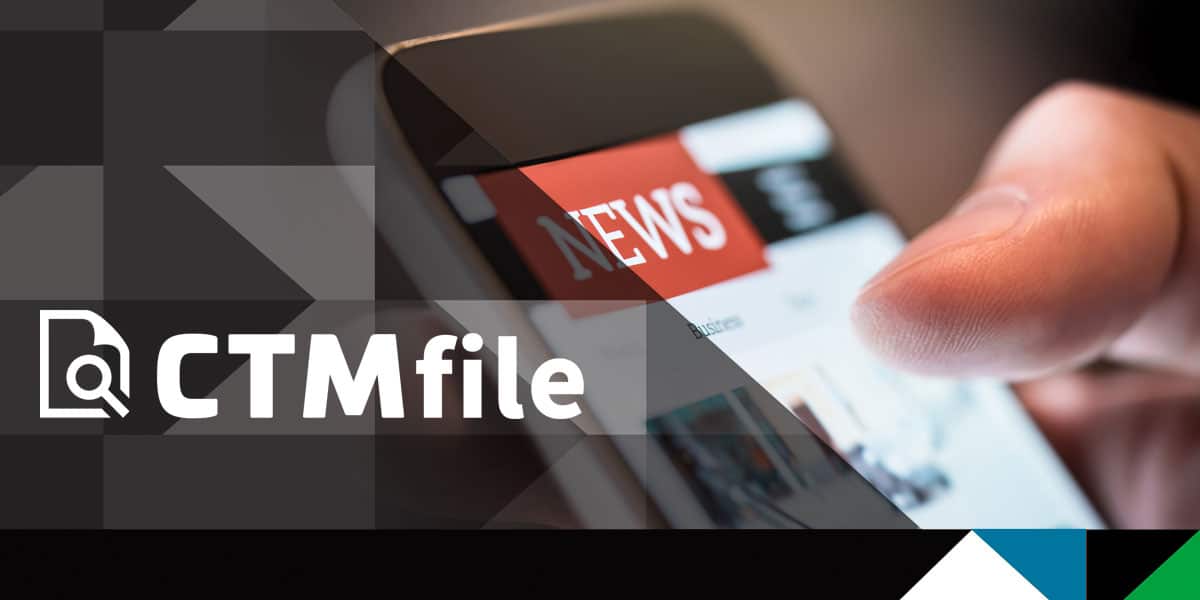Comments to SEC on Potential Money Market Fund Reform Measures
San Francisco – April 22, 2021 – Based on trading data from ICD, an independent portal provider of money market funds, the redemption from prime money market funds due to the impacts of COVID-19 in March 2020 was an orderly rotation out of the asset class rather than a “run” on these investment products, as characterized by the Securities Exchange Commission (SEC). ICD provided trading insights to the SEC’s Request for Comment on Potential Money Market Fund Reform Measures in President’s Working Group Report (PWG) File No. S7-01-21 earlier this month.
According to ICD Data analysis of 378 companies trading prime money market funds (MMFs) on ICD Portal between March 2 and April 8 of 2020, outflows were spread evenly over a five business-day period from March 13-19 last year. Even at the lowest point of the crisis on March 23, 30% of ICD’s client base invested in prime MMFs either increased or maintained their positions. Furthermore, of the 70% of ICD clients that reduced their prime MMF holdings, 43% still retained some of their investment positions.
“ICD believes that the exit from prime MMFs in March 2020 was triggered by the concern over fees and gates, not from a fundamental flaw with the instruments themselves,” writes Tory Hazard, Chief Executive Officer of ICD, in his comment to the SEC on April 12, 2021.
As did many of the market participants offering comments to the SEC, ICD’s comment letter recommends the removal of the tie between the current MMF reform’s 30% liquidity threshold requirement and the associated fees and gates fund companies can impose should their funds approach that threshold. According to ICD, the March 2020 crisis “was a rush for liquidity across the market – exacerbated in the MMFs by an artificial liquidity floor – not the result of flawed or risky investments or concerns about the credit quality of MMF portfolios.”
ICD’s comment letter also points out that any further impositions on prime MMFs would reduce the instrument as a funding option used by many U.S. corporates to support and grow business. “The impact of reducing corporate borrowing options will make large corporations more dependent on commercial banks for funding, which in turn would squeeze-out smaller corporations who rely on these banks today,” Hazard comments. ICD recommends only the removal of the tie between MMF liquidity and fee and gate thresholds will further fortify these instruments. “Any further actions will significantly diminish the effectiveness of these products,” says Hazard.
ICD services over $5 trillion in money market fund trading, annually, bringing together corporate institutional investors and the fund companies that offer money market products and other short-term investments. ICD serves over 400 treasury organizations, across 65 industries and 43 countries.
To see read ICD’s full comment letter, visit ICD Resources. For more information about ICD Portal, visit www.icdportal.com or contact info@icdportal.com.
About ICD:
ICD is treasury’s trusted, independent portal provider of money market funds and other short-term investments. We provide intuitive technology and unbiased access to over 300 investment products through ICD Portal, a model in the industry for trading, reporting and analysis. Through our Global Trade Desk, located in London, Boston and San Francisco, we offer follow-the-sun support and expert service.



